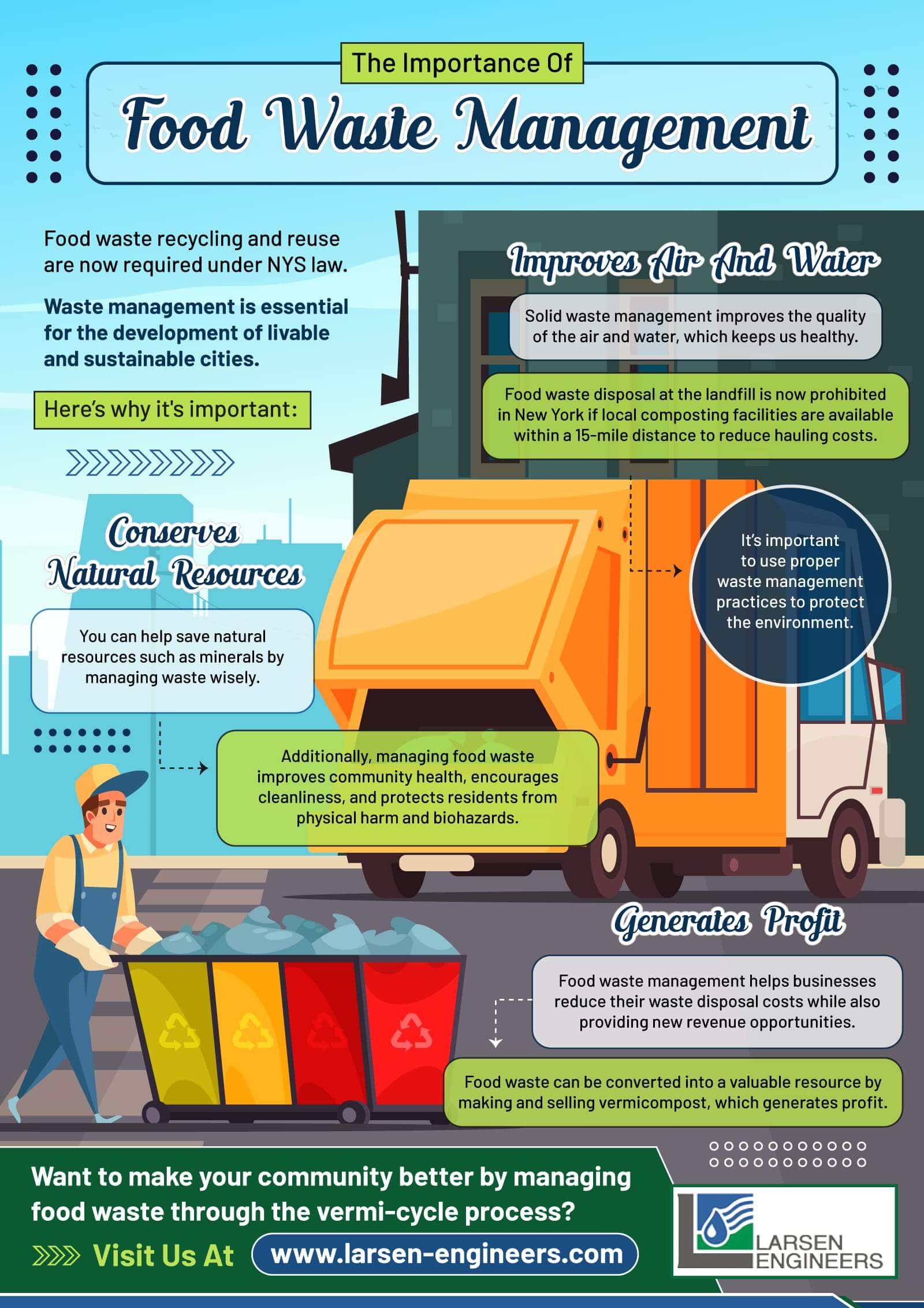Reclaim Waste Can Be Fun For Everyone
Reclaim Waste Can Be Fun For Everyone
Blog Article
The 7-Second Trick For Reclaim Waste
Table of ContentsReclaim Waste for DummiesThe smart Trick of Reclaim Waste That Nobody is Discussing7 Easy Facts About Reclaim Waste Explained6 Simple Techniques For Reclaim WasteReclaim Waste Fundamentals Explained
Explore the types, incidents, and kinds of liquid waste. Domestic sewage waste refers to the waste and products from a property septic system. This kind of waste is developed by humans in residences, colleges, and various other structures. This only consists of septic systems that have a drain field. The appropriate monitoring and disposal of residential sewer waste need liquid waste to be moved to a sewer treatment plant where the appropriate techniques and tools are applied to purify and take care of waste.
Business waste frequently includes potential risks, such as flammable products or a mixture of liquid and strong waste items, and requires an advanced and in-depth disposal process. The disposal of business waste commonly entails the filtration of waste before transport to guarantee safe and proper disposal. Industrial waste is developed from by-products and runoff of commercial procedures and manufacturing.
This kind of waste can not utilize the exact same sewage monitoring transportation or processes as septic or business liquids. The commercial waste monitoring procedure requires the evaluation and screening of liquid waste before it undergoes the disposal procedure (liquid waste removal). Runoff waste is the fluid waste that originates from runoff and excess stormwater in extremely inhabited areas or cities
Overflow waste can create contamination and flooding if not taken care of properly. Discover more about sewage system cleansing and waste management. Making sure appropriate waste monitoring can stop calamities and reduce environmental harm. Both people in residential setups and specialists in business or manufacturing markets can take advantage of understanding the processes and laws of liquid waste management.
What Does Reclaim Waste Do?
Contact PROS Solutions today to learn concerning our waste monitoring and disposal solutions and the appropriate ways to look after the fluid waste you produce.
(https://linktr.ee/leonaube33101)This supposed 'wastewater' is not just an essential resource however, after therapy, will be launched to our land, waterways or the sea. Made use of water from toilets, showers, baths, cooking area sinks, laundries and commercial procedures is understood as wastewater.

water used to cool down equipment or clean plant and tools). Stormwater, a form of wastewater, is drainage that flows from agricultural and metropolitan locations such as roofings, parks, yards, roads, courses and rain gutters right into stormwater drains pipes, after rainfall. Stormwater moves untreated straight to regional creeks or rivers, eventually reaching the sea.
How Reclaim Waste can Save You Time, Stress, and Money.
In Queensland, the majority of wastewater is dealt with at sewer therapy plants. Wastewater is delivered from residential or commercial sites through a system of sewage systems and pump stations, understood as sewage reticulation, to a sewer treatment plant.
The Department of Natural Resources recommends city governments about handling, operating and preserving sewerage systems and treatment plants. In unsewered locations, city governments may need householders to set up individual or home sewer treatment systems to treat domestic wastewater from toilets, kitchens, restrooms and washings. The Department of Natural Resources authorizes using home systems when they are shown to be effective.
Many stormwater obtains no therapy. In some new class, treatment of some stormwater to get rid of clutter, sand and crushed rock has begun utilizing gross pollutant traps. Wastewater treatment takes place in four stages: Removes solid matter. Larger solids, such as plastics and various other things incorrectly discharged to drains, are removed when wastewater is gone through displays.
Utilizes little living organisms recognizes as micro-organisms to damage down and eliminate continuing to be liquified wastes and great bits. Micro-organisms and wastes are integrated in the sludge.
The Single Strategy To Use For Reclaim Waste
Nutrient removal is not offered at all sewage therapy plants because it calls for costly specialist devices. Clear liquid effluent produced after therapy might still consist of disease-causing micro-organisms - industrial wastewater treatment.

The majority of wastewater moves right into the sewage system. Under the Act, neighborhood federal governments provide approvals and licences for ecologically appropriate activities (Ages) involving wastewater launches that might have a neighborhood effect.
All about Reclaim Waste
Otherwise, examples are considered laboratory evaluation. Typically several tests are needed to develop the levels of each of the various pollutants such as oils, hefty metals and pesticides in water. Tracking offers valid details concerning water top quality and can confirm that licence conditions are being met. The information obtained via monitoring supplies the basis for making water top quality choices.
Report this page